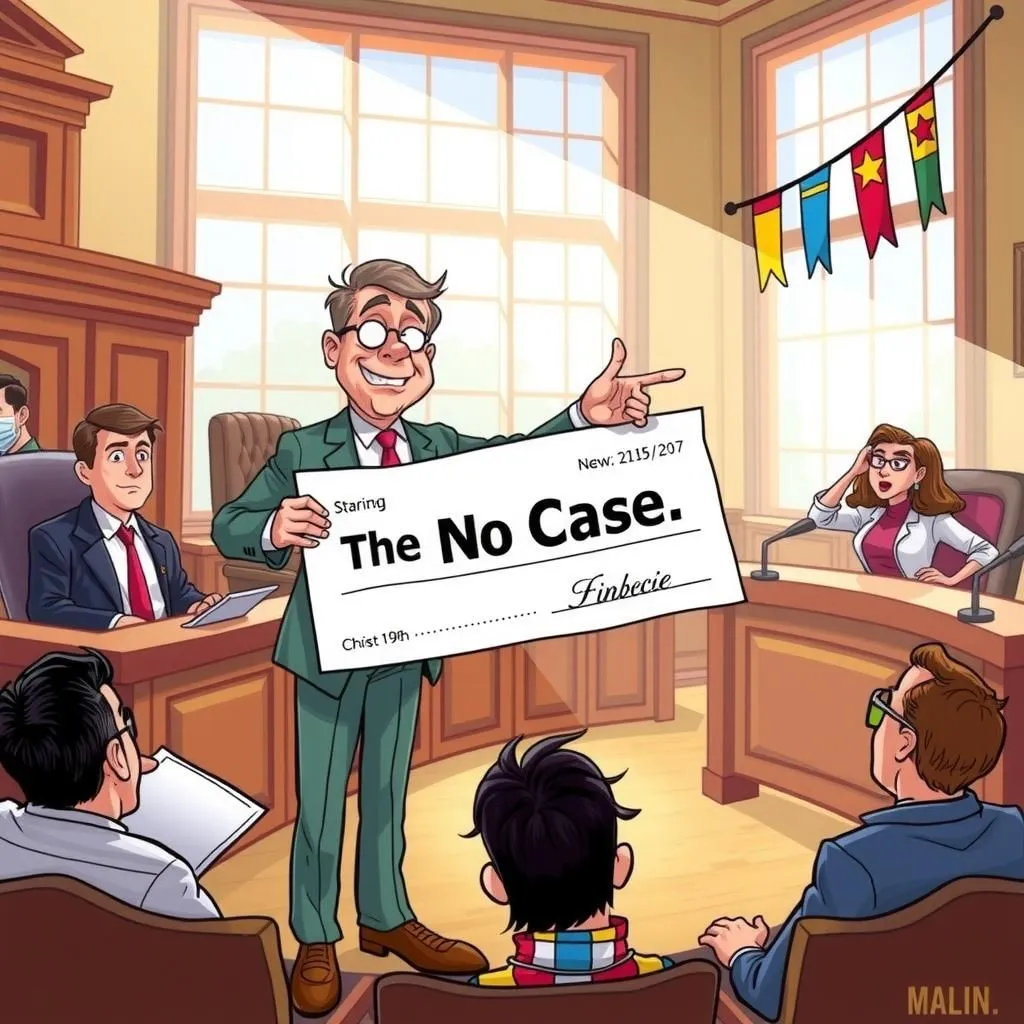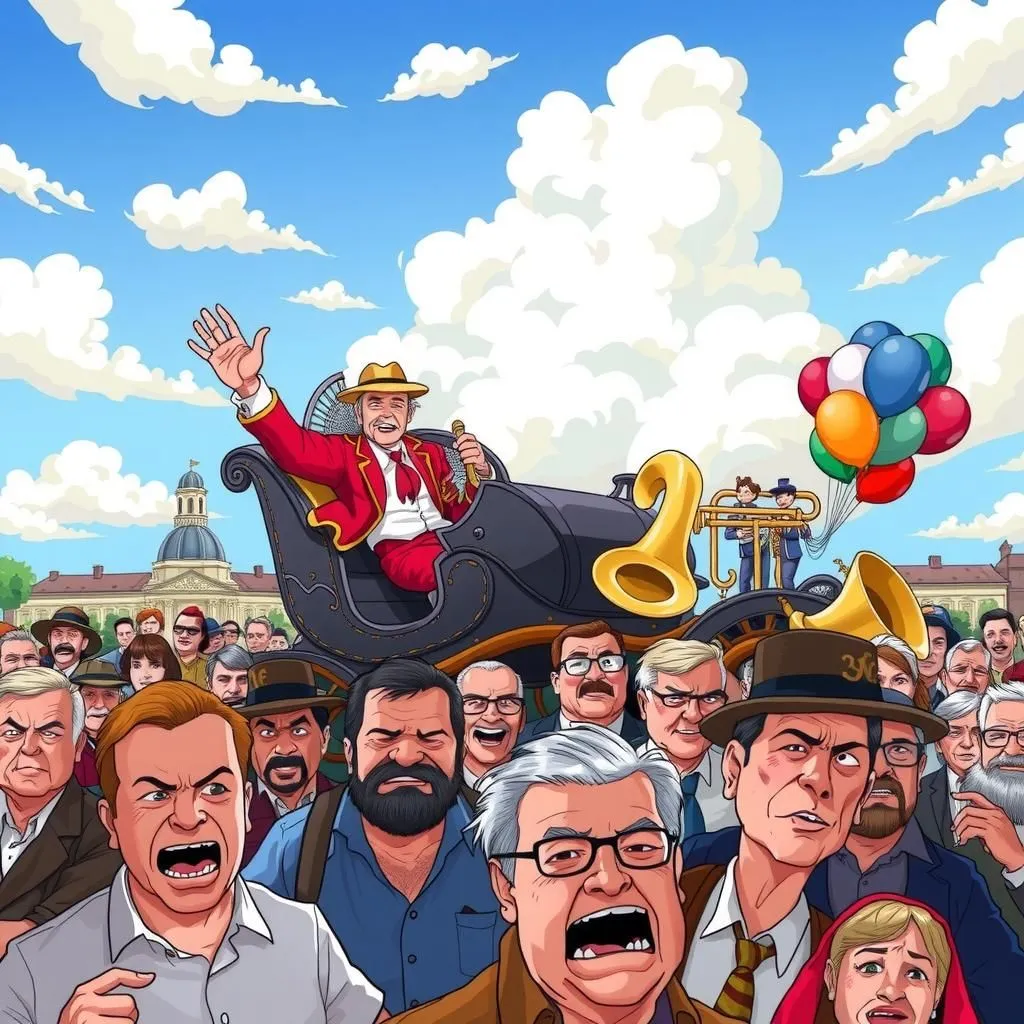
The Lion the Wolf and the Fox
In "The Lion, the Wolf, and the Fox," a sick lion receives visits from all the animals except the Fox, which the deceitful Wolf exploits to accuse him of disrespect. When the Fox arrives, he cleverly defends himself by claiming to have sought a cure, ultimately leading to the Wolf being flayed alive as punishment for his ill intentions. This culturally significant moral story emphasizes the importance of promoting good rather than ill will towards others, making it one of the best moral stories for valuable life lessons.


